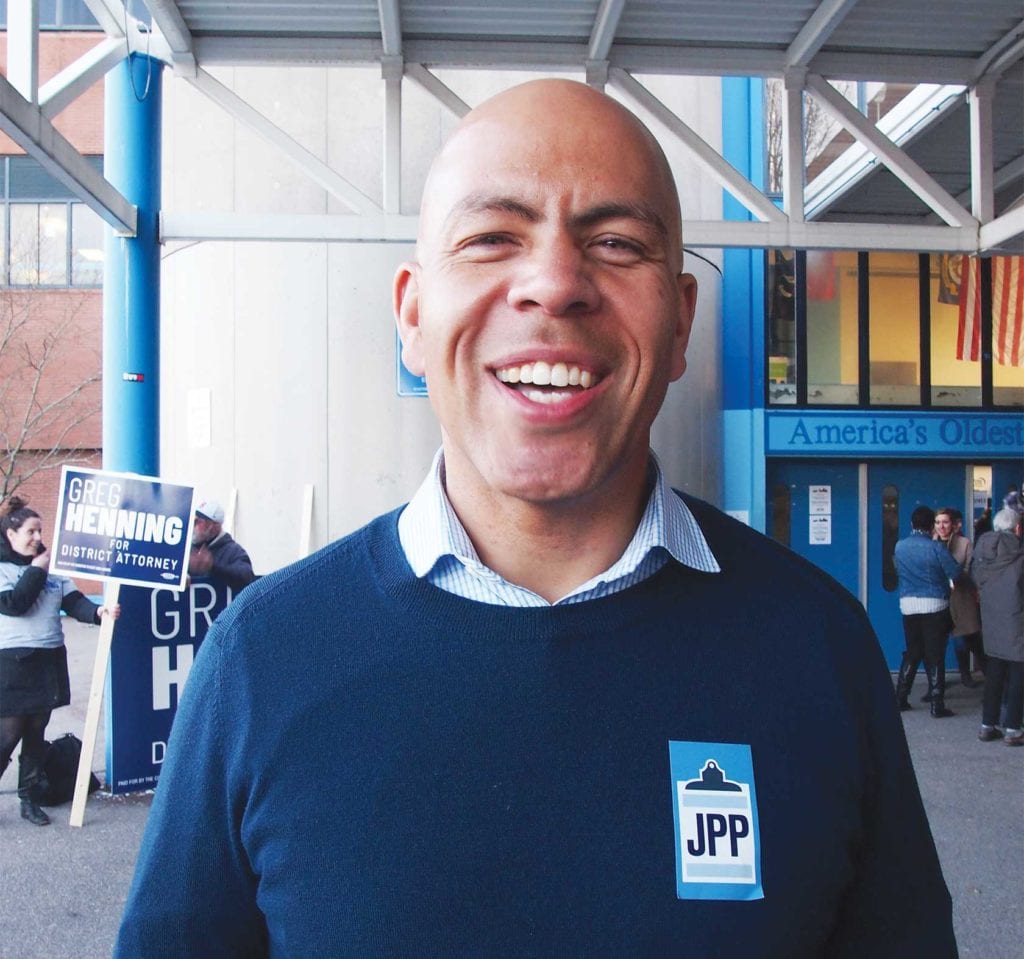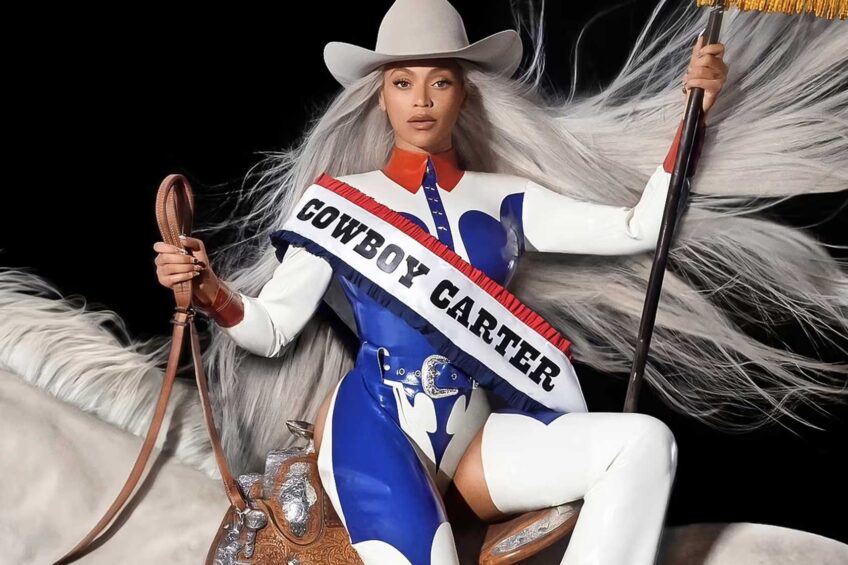
For the 20 or so leading presidential candidates — let’s call them the blossoming “Democratic Avengers” — to rescue the country from a second Trump terror, I offer a five-step plan to follow from now to Election Day on Nov. 3, 2020:
1. Issue a joint statement insisting Mitch McConnell bring meaningful gun-control legislation to a roll call vote on the Senate floor by no later than Sept. 20, to show they still care about preventing gun violence while the president surrenders to NRA pressure.
2. Announce a pause in the rush for dollars and fresh supporters for one day on Tuesday, Sept. 17 — the federally-recognized Constitution and Citizenship Day — to salute grassroots democracy.
In accordance with the DNC guidelines for candidates seeking to participate in the first two debates, a remarkable 21 candidates apparently resonated enough with disparate slices of the electorate to register at least 1 percent in four important polls and to earn donations from at least 65,000 voters. Cumulatively, nearly 3.5 million donors have invested over $220 million so far, a historic sum at this stage of the presidential primary process.
To build this required popularity, several candidates introduced novel policy solutions and urgent perspectives. Take, for example, entrepreneur Andrew Yang’s guaranteed monthly income plan to combat job loss stemming from automation, Sen. Elizabeth Warren’s wealth tax plan to reduce income inequality and Gov. Jay Inslee’s environmental wake-up call that “We are the first generation to feel the sting of the climate crisis, and the last generation that can do something about it.”
The DNC’s escalating criteria for the September debate — 130,000 donors and 2 percent in four important polls — has demanded even more ingenuity from candidates. By taking a respite on Constitution and Citizenship Day, the campaigns can reward voters, avert burnout and reclaim patriotism.
3. Take an occupational approach to staying in the race.
Clearly, the DNC’s debate criteria alone do not fully answer the question of how to cull the field organically. The candidates should help accelerate the process by voluntarily embracing and abiding by an “occupational ranking” via the above polling and donor data. In essence, each should ponder, where does he/she rank in comparison to the other mayors, senators or governors in the race? Using this metric, a candidate should place no worse than third in his “occupational lane” to advance into September.
Furthermore, we can apply an exclusionary rule that says U.S. representatives usually should not run for president because as members of a 435-seat body, they lack a broad constituency. Unlike mayors, they do not wield executive authority over a city. Conversely, we should create a lane to recognize the top outsider.
Notably, Sen. Cory Booker cites his two terms as Newark mayor frequently enough to warrant dual status.
Under this occupational-lane approach, the field shrinks to nine, ranked as follows:
Outsider: Yang
Mayor: 1-Buttigieg, 2-Booker, 3-Castro
Senator: 1-Warren, 2-Sanders, 3-Harris
Governor: Bullock
Vice President: Biden
The utility of this lens is in how it would provide accomplished, talented but stalled candidates like Sens. Michael Bennet and Amy Klobuchar and former Rep. Beto O’Rourke with a dignified rationale for withdrawing.
4. Those staying in the race should double-check their stump speeches for accuracy.
When the DNC declined to establish any institutional mechanism for fact-checking the truthfulness and accuracy of what the candidates say during the debates, it delegated this duty. But in the debates, the formats and questions asked conspired to strengthen market forces that reward personal and policy storytelling that reshapes reality. Currently, several campaigns are saddled with grenades that could detonate spontaneously when public scrutiny intensifies this fall or in the general election. Fortunately, a solution exists: The surviving candidates can retell their personal and policy stories more expansively beginning this fall.
5. Every candidate should issue a written pledge to raise funds and campaign for the future nominee until Election Day ends on Nov. 3, 2020.
Critically, as the field contracts, the donors of the defeated must stay invested, and their disappointed canvassers can’t sleep. For the climactic battle sequence unfolding in September through November of next year, the Democratic Avengers must swarm the electoral map so the nominee can deliver a fatal blow to Donald Trump’s reelection machine.
These five inspiring feats of unity would unleash the inner superhero in the candidates and in American voters.
Jamaica Plain resident Ed Burley is an attorney who advises political candidates in several states for Emancipated Media Group.






